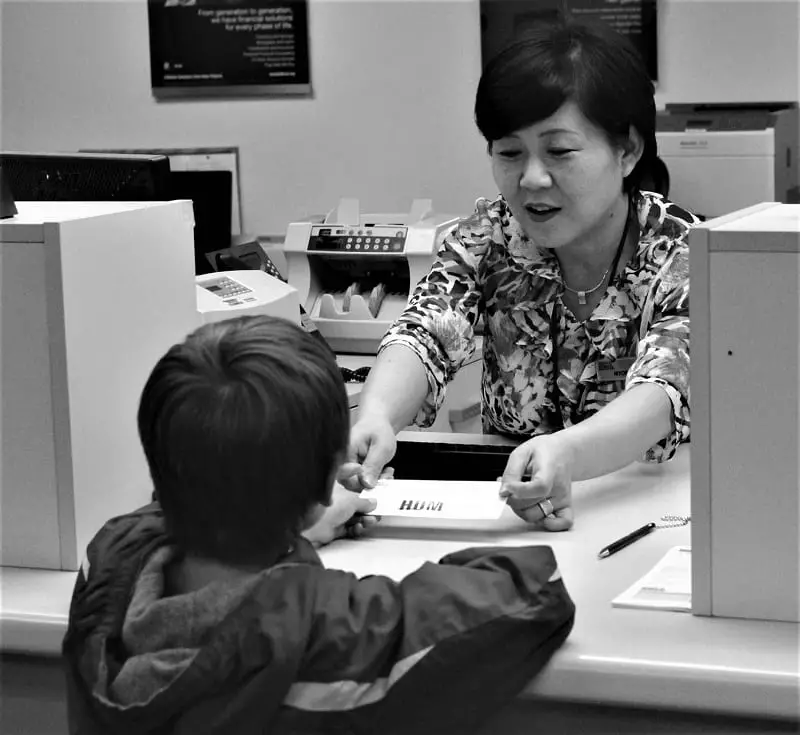Everyone knows that being a parent is just plain expensive. There is school, the pediatrician, the clothes, a well-stocked fridge – the whole lot. But knowing how best to save money and talk about it with your children can be less straightforward.
Talking about money with anyone – let alone your own children – can feel tense and awkward. That’s why some parents opt to “hide” money matters from their children. They simply avoid talking about it in front of their kids.
Contents
Smart Ways to Teach Your Kids About Money Today
However, the reality is that having those conversations with your little ones is important. How else are they supposed to learn about – say – the practical value of a paycheck?
Research shows that children as young as three are able to grasp the concepts of saving and spending. By the age of seven, a child will have already started forming money habits.
Below are some tips to get the conversation started in your household.
Keep It Simple!
We’ re not saying you should educate your kids with a one-hour lecture on everything from credit cards to home loans. That will likely overwhelm and bore a child. Instead, start small.
For children, counting coins or playing store at home are excellent for learning the idea of exchange and money.
Teach Your Kids About Money and Limits
One way to introduce your kids to the concept of money exchange is by doing a small grocery shop. You can do it online or in person. Just work to a set amount of money and a short list of items.
Once you reach the limit, it’s time to make decisions about what to keep and what to return. This is a good way to demonstrate the complex concept of cause and effect in relation to money. The lesson will also demonstrate the simple fact that things cost money.
The practical aspect of the demonstration will have the added bonus of a real outcome. You take the groceries home or they arrive at your door.
Open a Bank Account for Your Child
You can open a bank account for your child. Children can have bank accounts from birth. This familiarizes them with the concept of money. It also allows them a space to see their money grow.
Some banks offer services for kids – with birthday rewards and interest, and no monthly fees. Having an account can be an engaging way for children to understand concepts like savings and interest.
Teach Your Kids the Value of Money
Understanding the value of money by earning it is one of the best lessons you can teach a child. So, the next time your child asks you for a toy or sneakers, offer a list of chores, instead.
Set values for each chore and let them earn for want they want. This will teach them the satisfaction of working towards a financial goal and achieving it.
Depending on your child’s age and your circumstances, the item could be relatively small or quite significant. The latter means the earning task could last weeks or months.
Offer Rewards for the Achievement of Savings Goals
To keep your child motivated to pursue more significant goals, try giving them special rewards along the way. For instance, once they reach halfway you might offer to cook their favorite meal. Or you might allow them extra time on their favorite game or device.
Be Open With Your Kids
Being open with your children is an excellent principle in life. This is especially true when it comes to teaching them about money.
Make your kids part of your own goals – be it to save money for a car or a holiday. Be open with your children and take them along with you on the savings journey.
Creating a budget that you put on the fridge. Update that budget regularly the closer you are to your goal.
This way your children will be involved and excited with the challenge of saving. They will be doubly appreciative when it comes to reality.
Every parent knows that that the best learning experiences are often fun and engaging. So, it’s important that you and your children have fun together when you teach them about money.
What you might have thought was going to be a difficult course could be quite an enjoyable experience.



